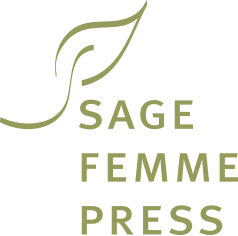A jazz musician I know is speaking admiringly about another player’s solo: “They’re always honest,” he says. I’m taken with this observation. What does it mean exactly? What is honesty in art?
I should offer some context here. Traditional or straight-ahead jazz is improvised music within a structure of phrases and chord changes. First comes the “head”—the tune as written. Then the “front man” (or woman) and each “sideman” (or woman) solos, using their artistry, skill and imagination to offer a fresh take, a creative improvisation that adheres to the structure and references the tune. The performance closes out with a repeat of the tune as written.
An honest solo, as I’ve come to understand it, means speaking your truth through the medium of your instrument, telling your own story while avoiding imitation and cliché. It’s not self-serving. Sometimes, when moved by a solo, a listener will call out, “Tell it, tell it,” an affirmation that encourages the soloist to go deeper.
I love jazz and find so much in it that influences my writing. I, too, want my work to be an honest solo. I want to take up my instrument—my pen—listen for the truth I’ve been given and express it with all the skill and artistry I possess—clean, uncensored, guileless. While I honor the conventions of the art, the story is my own.
